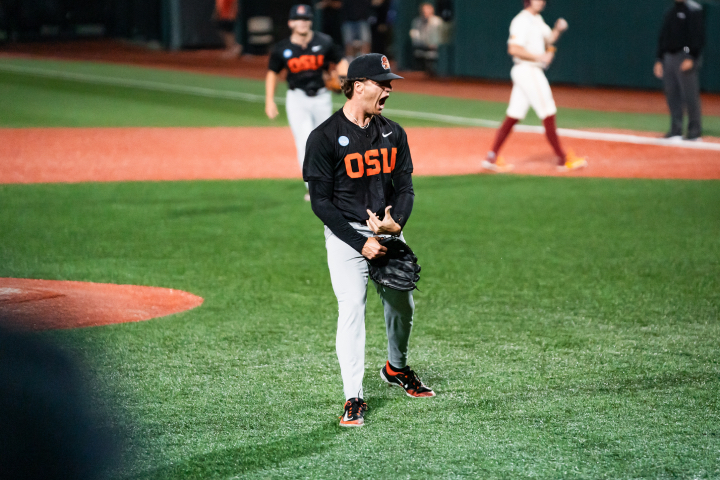Study ties ginkgo to cancer
Published 5:00 am Thursday, April 25, 2013
A study of ginkgo biloba extract has found that using the supplement increases incidences of thyroid and liver cancer in rodents.
Extract from the leaves of the ginkgo biloba tree are often consumed by humans with the intention to improve memory and brain function. The National Cancer Institute nominated the extract for study because of its widespread use, according to a report from the National Toxicology Program, an interagency program within the Public Health Service of the U.S. Department of Health and Human Services. The NTP studied the effects of ginkgo biloba extract on rats and mice to identify potential toxic or cancer-related hazards and released its technical report in March.
Researchers put solutions containing ginkgo biloba extract in corn oil directly into the stomachs of male and female rats and mice five times a week for two years. Similar groups of rodents were given solutions of corn oil without the extract, as control groups.
When animal tissues were examined at the end of the studies, the animals exposed to the extract showed increased rates of lesions in the liver, thyroid gland and nose. Male and female mice also experienced several different lesions in the forestomach, a division of the stomach in some animals. Increased incidences of cancers of the thyroid gland were seen in male and female rats and male mice, and increased incidence of liver cancers were seen in male and female mice.
The study was not meant to evaluate risk in humans, according to a summary of comments from the report’s peer review panel.
The authors overviewed a handful of previous studies that focused on the supplement. Some reports found some spontaneous bleeding and increased blood pressure associated with the ginkgo biloba use, but mostly when used in conjunction with certain medications.
Two epidemiological studies explored carcinogenicity associated with use of ginkgo biloba supplements, according to the report, and found an increased risk of breast cancer but decreased risk of prostate cancer and ovarian cancer associated with their use.
Although it wasn’t described in the report, a 2010 study from the University of Washington tried to find out if ginkgo biloba could reduce a human’s risk of cancer, but the study found nothing conclusive, according to a search of pubmed.gov, an online library of published research.
In response to this NTP study, the Center for Science in the Public Interest issued a statement in response to the report that advised people to avoid ginkgo biloba, which is often found in dietary supplements, herbal teas and some energy drinks.
“Ginkgo has been used in recent years to let companies pretend that supplements or energy drinks or supplements with it confer some sort of benefit for memory or concentration,” said the center’s executive director Michael Jacobson in a news release. “The evidence for those claims has been dubious, at best. The pretend benefits are now outweighed by the real risk of harm.”
Ginkgo is often sold as a supplement on its own by companies such as NatureMade, Nature’s Bounty, GNC and other companies, or as one of several ingredients in supplements marketed as memory aids, according to the Center for Science in the Public Interest. It is or has been used in energy drinks such as Rockstar, Crunk, Hansen’s Energy Pro, Guru and Steven Seagal’s Lightning Bolt.
The Food and Drug Administration has sent warning labels to several drink companies, including Rockstar, stating that ginkgo is not generally recognized as safe, or GRAS, for use in food, though it is legal as an herbal supplement.
National Toxicology Program report
The National Toxicology Program, which conducted the technical report, is headquartered at the National Institute of Environmental Health Sciences of the National Institutes of Health. To read the full report: http://ntp.niehs.nih.gov/ntp/htdocs/LT_rpts/TR578_508.pdf






